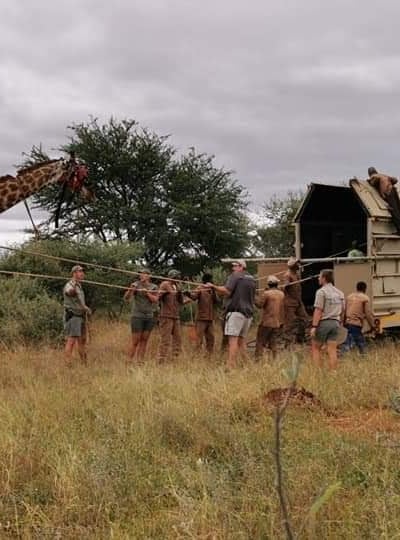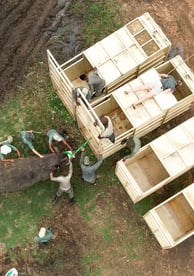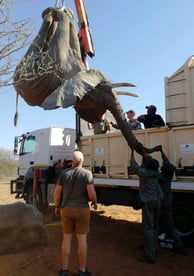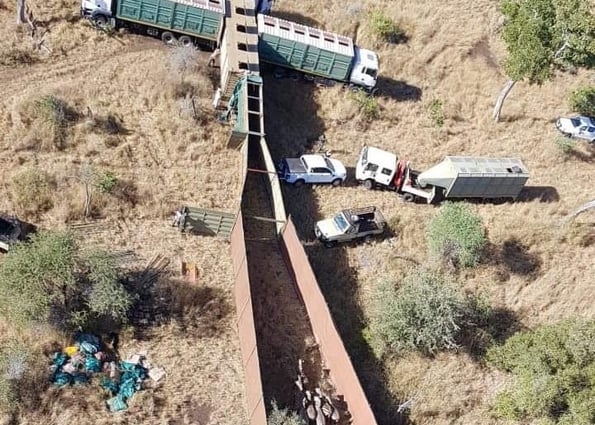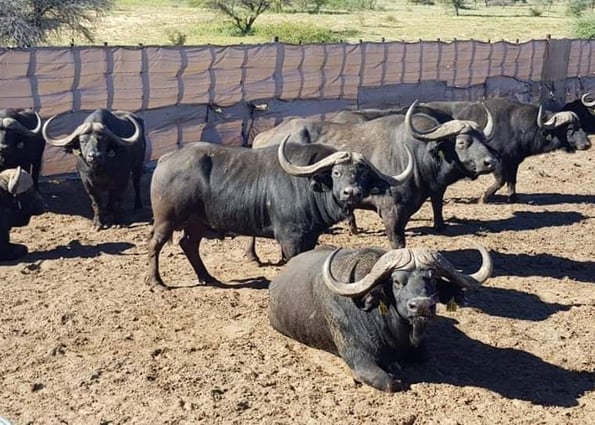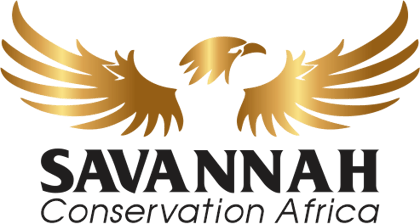
Wildlife Re Wildening Services
Savannah Conservation Africa offers comprehensive rewilding services aimed at restoring ecological balance and enhancing biodiversity. These services are underpinned by scientific methodologies and best conservation practices to ensure the successful reintroduction of wildlife into natural habitats.
A key component of the rewilding process is the formulation of a diversified species list, which is developed based on habitat suitability, carrying capacities, and veld studies. This approach ensures that the reintroduced species align with the ecological dynamics of the target area, promoting a sustainable and balanced ecosystem.
The organization prioritizes the sourcing of animals with strong genetic profiles to enhance population resilience and prevent inbreeding. This process involves rigorous selection criteria to ensure genetic diversity, health, and adaptability to the designated environment.
Furthermore, Savannah Conservation Africa emphasizes the application of proper capture techniques to prevent injuries and minimize capture myopathy—a condition that can result from the stress of handling and transportation. By employing advanced, ethical, and scientifically validated capture methods, the organization reduces risks associated with translocation, ensuring the well-being of the animals involved.
Through strategic partnerships, Savannah Conservation Africa facilitates game capture and translocation, leveraging expertise and logistical capabilities to move wildlife efficiently and safely. The organization also specializes in the construction of temporary or permanent receiving and release bomas or facilities, tailored to the specific needs of each species and rewilding site. These structures play a crucial role in acclimatizing animals before their full integration into the wild, ultimately enhancing the success rate of rewilding efforts.
By integrating ecological research, ethical wildlife management, and collaborative partnerships, Savannah Conservation Africa’s rewilding services contribute significantly to conservation and the long-term sustainability of wildlife populations in Africa.
